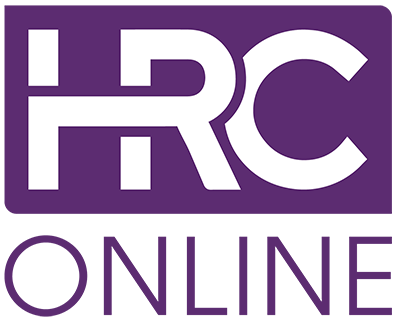
When coming up with something new, we like to get the thoughts and opinions of experts, friends and colleagues. Labour, it seems, will do the same with their new Employment Rights Bill – promising to listen to stakeholders and get expert advice. We hope that at the top of their call list is the industry that will be affected most – Human Resources.
Both friends and enemies of the UK government’s Employment Rights Bill, say it’s going to reshape the landscape of work.
Unions and workers say it offers hope for millions of employees, especially those in precarious employment. Businesses and industry bodies believe it could be a nightmare of quiet quitters, paperwork, and headaches.
Why HR matters to Labour’s Plans
The industry that sits between the two sides is Human Resources, and we believe it’s worth getting their insights – and not just from the top.
In an interview with People Management, Peter Cheese, chief executive of the CIPD, described the changes as “the greatest shift in employment legislation in decades,” but added that “there is clear recognition that there is much detail still to be worked through and this will take some time.”
We think that the managers, advisors, and directors who will have to practically work out how this legislation is implemented are the most important people to ask.
This ambitious legislation promises transformative changes, enhancing both worker protection and business performance. Here’s what Labour has stated could in the new bill:
Key Provisions in the Bill
- Day-One Rights: Employees will now have protections like statutory sick pay and unfair dismissal rights from the very first day of employment.
- Ending Zero-Hours Contracts: The Bill aims to tackle zero-hours contracts and curbing the controversial practice of fire and rehire.
- Boosting Worker Representation: The Bill enhances union participation, getting rid of previous anti-union laws, and introduces measures to modernise trade union laws.
- Flexible Working: Workers will gain stronger rights to request flexible working arrangements, improving work-life balance.
Why The Employment Rights Bill Matters to HR?
For HR professionals, this Bill could be a tremendous shift in how companies manage their workforce. From apprentices to directions, everyone in HR will need to review their HR policies to make sure everything meets the new bill. The Bill also emphasises fair treatment, offering HR departments an opportunity to strengthen employee retention and satisfaction by adhering to these improved standards.
Positive Impact on Businesses
Many have viewed these changes as challenging, but if the right people, including HR, are involved,, then the new bill can have a positive impact on businesses in the long term. By providing greater security, the additional measures aim to boost employee productivity, retention, and engagement.
Finally, this legislation brings the UK closer in line with worker protections seen in other advanced economies and highlights the increasing role of HR in navigating regulatory changes while creating healthier work environments.
As the Bill progresses, HR leaders must be consulted, and stay informed, adapt policies, and ensure their organisations are well-prepared for this historic shift in employment law.
For further reading, visit Personnel Today for the latest insights on this crucial legislation.





